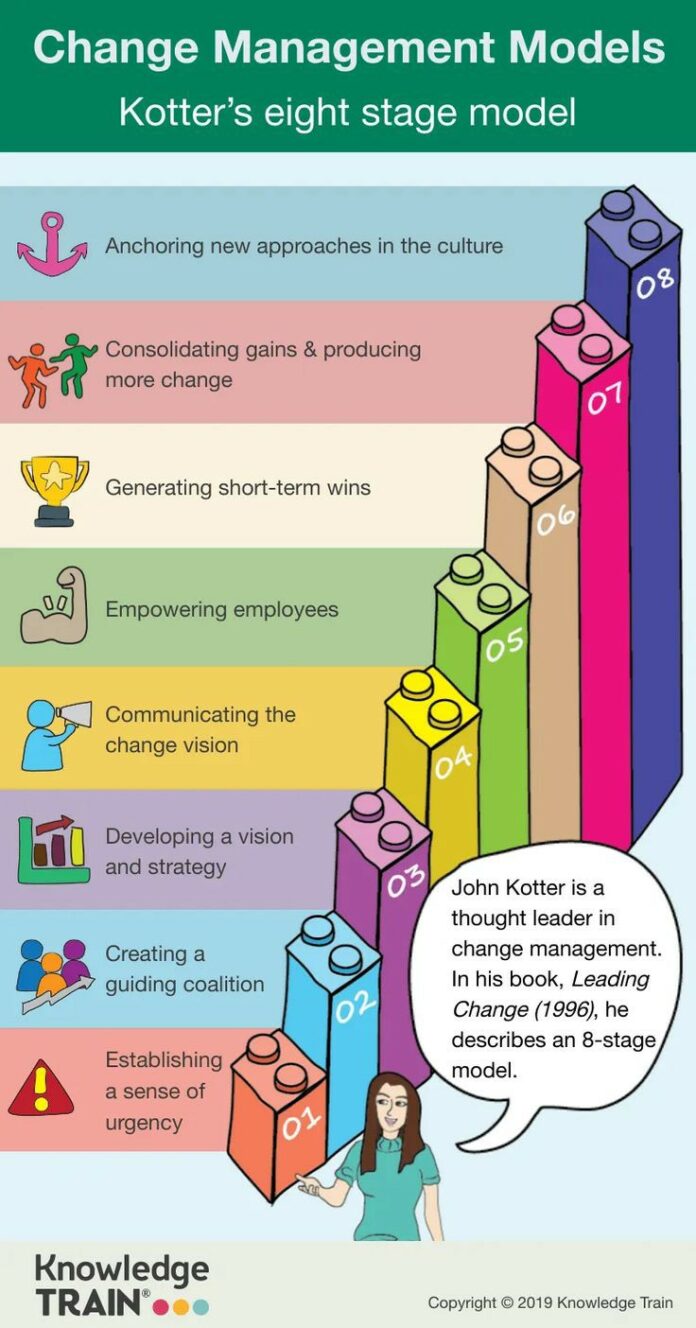Change Management Process in Construction Projects PDF Free Download
Decisions are made every day in construction processes based on incomplete information, assumptions, and the personal experience of construction professionals. Project changes and/or adjustments are inevitable as they are a fact of life at all stages of a project’s life cycle. Managing changes effectively is crucial to the success of a construction project.
Change management in construction requires an integrated solution to discipline and coordinate the process, for example, documentation, drawing, process, flow, information, cost, schedule, and personnel. The construction industry needs an effective construction change management process.
This paper summarizes various aspects of the existing construction change management processes and provides a comprehensive literature review as well as some comments on possible future directions.
Introduction
In much of the world, construction is an extremely fragmented industry. For example, in Canada, more than 95 percent of construction companies employ less than 10 employees. Except for a few large general contractors, the capacity of most companies in the constructor sector is fragmented, for example, structural design and specialty trades. A construction project can be classified as a “one-of-a-kind†production in manufacturing terms, or simply a “one-off†project.
Project management in the construction sector faces some critical issues that are very different from other industrial sectors:
- The team involves multiple players at multiple locations;
- The construction supply chains are short-term and project-based;
- Different styles of project management and costing systems are used with different product delivery systems, “design-bid-buildâ€, “construction manager†and “design-build†contracts;
- Unique needs to manage the involved legal contracts and other related documents (for example change orders);
- The scope has extended to the life-cycle operation and maintenance management of the finished product, in addition to the architect-design-construction process.
Change management is a purely application-oriented issue and requires engineering innovation to solve the problem. Based on our investigation of the construction change management area, and a pressing need from industry versus the scarcity of literature and software tools in the domain poses a promising opportunity for research and development in construction.


